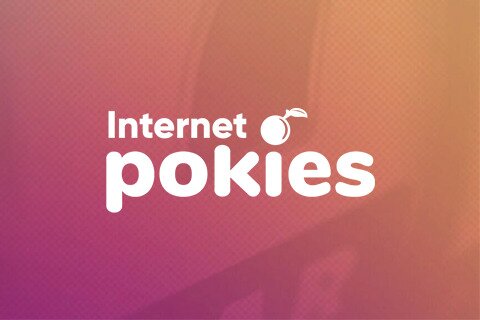Future of Genting HK is in the Balance
Genting HK is in financial difficulties and the finger of blame is pointed firmly at, you guessed it, COVID-19. The gambling Goliath is in masses of debt and defaulted on two recent repayments. This could be the beginning of the end for Genting HK.
The gambling firm is the parent company to two of Asia’s largest cruise lines. Dream Cruises and Star Cruises are both owned by Genting HK. It also owns Crystal Cruises. The Genting HK fleet features state-of-the-art gaming cruise ships, floating casinos if you like. Cruise ships don’t come cheap, hence the massive US$3.37 billion worth of debt Genting HK is laden with. This debt threatens to sink the company.
Building ships isn’t cheap but they are profitable if they are full of well-heeled gamblers. It’s big “if” however. Genting HK is unable to launch its fleet because of COVID-19 related travel restrictions. There are still massive costs, including maintenance, that still need paying even with no money coming in. Huge debt repayments are part of those costs, although Genting HK is refusing to pay up.
Genting HK’s Chairman and Chief Executive Officer Ta Sri Lim Kok Thay announced the decision to not pay any of its major creditors in a statement to the Hong Kong Stock Exchange.
Genting HK Suspends All Payments to Credtors
The company issued a profit warning on March 13 and another on August 7. Genting HK’s representatives said the ongoing pandemic has had and continues to have a material impact on the financial position and results of the company.
Several cost-cutting and cash conservation measures are in place to help mitigate the loss of revenue. Genting HK hopes to arrange a fundraising exercise but there is a lack of certainty in this regard.
The company was due to pay US$4.3 million to creditors in relation to the construction of some ships. Genting HK defaulted on the payments, but guarantees they will eventually be paid. It isn’t known if the bank owed the money has issued a default penalty on the troubled company. What we do know is nobody else owed money by Genting HK is getting paid any time soon.
“In addition to the events of default that ave already occurred under Global Finance Documents, the Board anticipated that the temporary suspension of all payments to the Group’s financial creditors will also likely result in events of default occurring under other finance documents of the Group. Such events of default would give rise to a right for requisite creditors of the Group to declare that the financial indebtedness owed to them are immediately due and payable. As of 31 July 2020, th outstanding financial indebtedness of the Group is at US$3.37 billion.”
Share Price Plummets; Chairman Offers Up Entire Stock
That long-winded section of the statement basically warned Genting HK shareholders the company could be declared bankrupt. Banks can ask for the entire amount owed back in one lump sum of repayments are missed. It doesn’t seem Genting HK has a spare $US3.37 billion floating around. It doesn’t even have US$4.3 million.
Chairman Lim has taken the unprecedented step of offering his entire stake in the company as collateral for loans. Lim currently has approximately six million ordinary shares, representing 76% of the company.
Those shares are only worth US$0.039 each, meaning a total value of $234,000. That figure would rise substantially if Genting HK can turn around its flagging fortune. Shares in the company traded at US$0.292 each in April 2017 but have constantly declined since.
It’s been a terrible year for Lim because his personal fortune has nosedived. Lim was worth $US1.5 billion at the start of 2020, he is now worth around $700 million. COVID-19 restrictions have severely damaged his investments. While he isn’t destitute by any stretch of the imagination, he’s certainly seen better times.
This is the latest massive company to warn investors of reduced revenue and profits. Australian casino outfit Star Entertainment announced a AU$94.6 million loss last week. Crown Resorts revealed its revenue is down 80% year on year.
